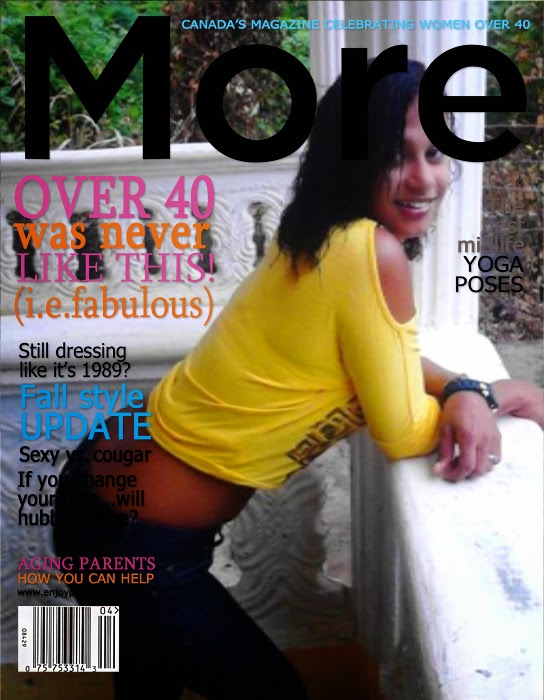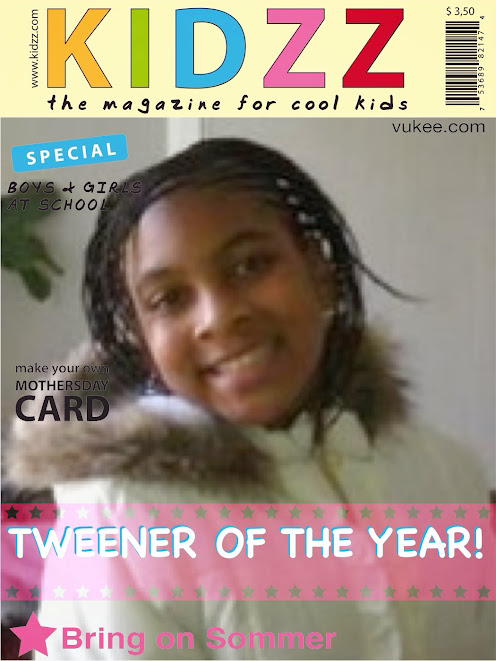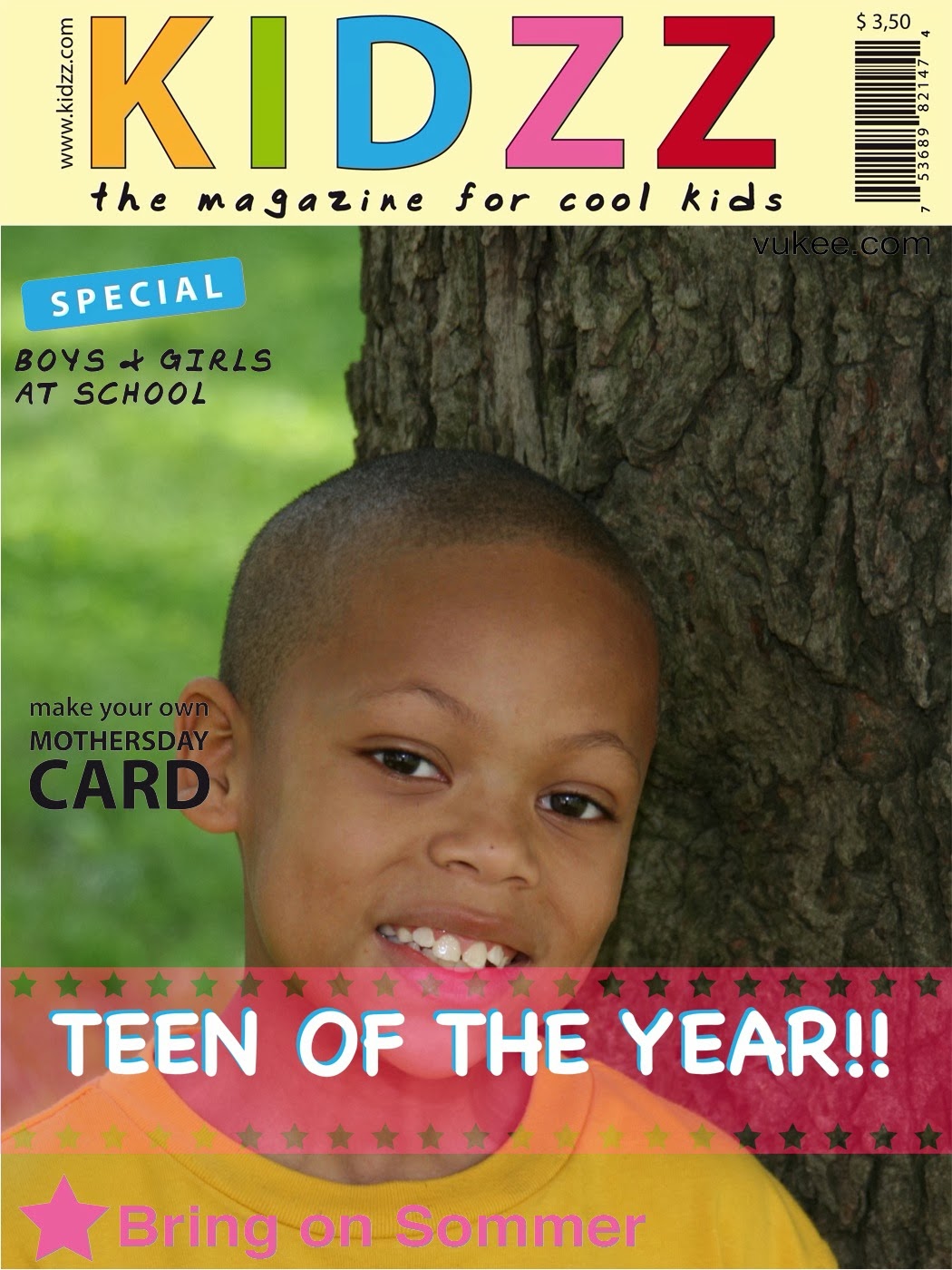 |
| This Tuesday, Jan. 31, 2012 photo shows Gibre George, who started a Facebook page called 'Don't Call Me African-American," in Hollywood, Fla. The labels used to describe Americans of African descent mark the movement of a people from the slave house to the White House. Today, many are resisting this progression by holding on to a name from the past: "black." The debate has waxed and waned since "African-American" went mainstream, and gained new significance after the son of a black Kenyan and a white American moved into the White House. President Barack Obama's identity has been contested from all sides, renewing questions that have followed millions of darker Americans: What are you? Where are you from? And how do you fit into this country? |
The labels used to describe Americans of African descent mark the movement of a people from the slave house to the White House. Today, many are resisting this progression by holding on to a name from the past: "black."
For this group - some descended from U.S. slaves, some immigrants with a separate history - "African-American" is not the sign of progress hailed when the term was popularized in the late 1980s. Instead, it's a misleading connection to a distant culture.
The debate has waxed and waned since African-American went mainstream, and gained new significance after the son of a black Kenyan and a white American moved into the White House. President Barack Obama's identity has been contested from all sides, renewing questions that have followed millions of darker Americans:
What are you? Where are you from? And how do you fit into this country?
"I prefer to be called black," said Shawn Smith, an accountant from Houston. "How I really feel is, I'm American."
"I don't like African-American. It denotes something else to me than who I am," said Smith, whose parents are from Mississippi and North Carolina. "I can't recall any of them telling me anything about Africa. They told me a whole lot about where they grew up in Macomb County and Shelby, N.C."
Gibre George, an entrepreneur from Miami, started a Facebook page called "Don't Call Me African-American" on a whim. It now has about 300 "likes."
"We respect our African heritage, but that term is not really us," George said. "We're several generations down the line. If anyone were to ship us back to Africa, we'd be like fish out of water."
"It just doesn't sit well with a younger generation of black people," continued George, who is 38. "Africa was a long time ago. Are we always going to be tethered to Africa? Spiritually I'm American. When the war starts, I'm fighting for America."
Joan Morgan, a writer born in Jamaica who moved to New York City as a girl, remembers the first time she publicly corrected someone about the term: at a book signing, when she was introduced as African-American and her family members in the front rows were appalled and hurt.
"That act of calling me African-American completely erased their history and the sacrifice and contributions it took to make me an author," said Morgan, a longtime U.S. citizen who calls herself Black-Caribbean American. (Some insist Black should be capitalized.)
She said people struggle with the fact that black people have multiple ethnicities because it challenges America's original black-white classifications. In her view, forcing everyone into a name meant for descendants of American slaves distorts the nature of the contributions of immigrants like her black countrymen Marcus Garvey and Claude McKay.
Morgan acknowledges that her homeland of Jamaica is populated by the descendants of African slaves. "But I am not African, and Africans are not African-American," she said.
In Latin, a forerunner of the English language, the color black is "niger." In 1619, the first African captives in America were described as "negars," which became the epithet still used by some today.
The Spanish word "negro" means black. That was the label applied by white Americans for centuries.
The word black also was given many pejorative connotations - a black mood, a blackened reputation, a black heart. "Colored" seemed better, until the civil rights movement insisted on Negro, with a capital N.
Then, in the 1960s, "black" came back - as an expression of pride, a strategy to defy oppression.
"Every time black had been mentioned since slavery, it was bad," says Mary Frances Berry, a University of Pennsylvania history professor and former chair of the U.S. Commission on Civil Rights. Reclaiming the word "was a grass-roots move, and it was oppositional. It was like, `In your face.'"
Afro-American was briefly in vogue in the 1970s, and lingers today in the names of some newspapers and university departments. But it was soon overshadowed by African-American, which first sprouted among the black intelligentsia.
The Rev. Jesse Jackson is widely credited with taking African-American mainstream in 1988, before his second presidential run.
Berry remembers being at a 1988 gathering of civil rights groups organized by Jackson in Chicago when Ramona Edelin, then president of the National Urban Coalition, urged those assembled to declare that black people should be called African-American.
Edelin says today that there was no intent to exclude people born in other countries, or to eliminate the use of black: "It was an attempt to start a cultural offensive, because we were clearly at that time always on the defensive."
"We said, this is kind of a compromise term," she continued. "There are those among us who don't want to be referred to as African. And there also those among us who don't want to be referred to as American. This was a way of bridging divisions among us or in our ideologies so we can move forward as a group."
Jackson, who at the time may have been the most-quoted black man in America, followed through with the plan.
"Every ethnic group in this country has a reference to some land base, some historical, cultural base," Jackson told reporters at the time. "African-Americans have hit that level of cultural maturity."
The effect was immediate. "Back in those days we didn't talk about things going viral, but that's what you would say today. It was quite remarkable," said the columnist Clarence Page, then a reporter. "It was kind of like when Black Power first came in the `60s, there was all kinds of buzz among black folks and white folks about whether or not I like this."
Page liked it - he still uses it interchangeably with black - and sees an advantage to changing names.
"If we couldn't control anything else, at least we could control what people call us," Page said. "That's the most fundamental right any human being has, over what other people call you. (African-American) had a lot of psychic value from that point of view."
It also has historical value, said Irv Randolph, managing editor of the Philadelphia Tribune, a black newspaper that uses both terms: "It's a historical fact that we are people of African descent."
"African-American embraces where we came from and where we are now," he said. "We are Americans, no doubt about that. But to deny where we came from doesn't make any sense to me."
Jackson agrees about such denial. "It shows a willful ignorance of our roots, our heritage and our lineage," he said Tuesday. "A fruit without a root is dying."
He observed that the history of how captives were brought here from Africa is unchangeable, and that Senegal is almost as close to New York as Los Angeles.
"If a chicken is born in the oven," Jackson said, "that doesn't make it a biscuit."
Today, 24 years after Jackson popularized African-American, it's unclear what term is preferred by the community. A series of Gallup polls from 1991 to 2007 showed no strong consensus for either black or African-American. In a January 2011 NBC/Wall Street Journal poll, 42 percent of respondents said they preferred black, 35 percent said African-American, 13 percent said it doesn't make any difference, and 7 percent chose "some other term."
Meanwhile, a record number of black people in America - almost 1 in 10 - were born abroad, according to census figures.
Tomi Obaro is one of them. Her Nigerian-born parents brought her to America from England as a girl, and she became a citizen last year. Although she is literally African-American, the University of Chicago senior says the label implies she is descended from slaves. It also feels vague and liberal to her.
"It just sort of screams this political correctness," Obaro said. She and her black friends rarely use it to refer to themselves, only when they're speaking in "proper company."
"Or it's a word that people who aren't black use to describe black people," she said.
Or it's a political tool. In a Senate race against Obama in 2004, Alan Keyes implied that Obama could not claim to share Keyes' "African-American heritage" because Keyes' ancestors were slaves. During the Democratic presidential primary, some Hillary Clinton supporters made the same charge.
Last year, Herman Cain, then a Republican presidential candidate, sought to contrast his roots in the Jim Crow south with Obama's history, and he shunned the label African-American in favor of "American black conservative." Rush Limbaugh mocked Obama as a "halfrican-American."
Then there are some white Americans who were born in Africa.
Paulo Seriodo is a U.S. citizen born in Mozambique to parents from Portugal. In 2009 he filed a lawsuit against his medical school, which he said suspended him after a dispute with black classmates over whether Seriodo could call himself African-American.
"It doesn't matter if I'm from Africa, and they are not!" Seriodo wrote at the time. "They are not allowing me to be African-American!"
And so the saga of names continues.
"I think it's still evolving," said Edelin, the activist who helped popularize African-American. "I'm content, for now, with African and American."
"But," she added, "that's not to say that it won't change again."









